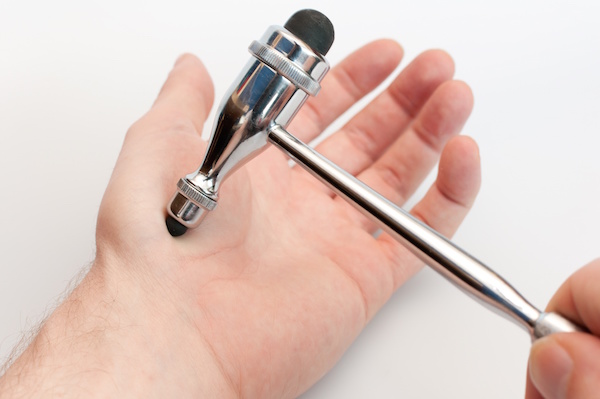
FRIDAY, June 7 (HealthDay News) — You may have heard of “beer goggles” — a sly way of describing how people seem to become less picky about potential sex partners when they’ve had a few drinks. Now, a new study suggests something similar happens to men when they’re sleepy: They’re slightly more likely to interpret signals from women as sexual come-ons.
“Sleepy men think women are more interested in them than when the men are not sleepy. We don’t know why,” said study lead author Jennifer Peszka, an associate professor of psychology at Hendrix College in Conway, Ark.
The findings, based on responses to surveys instead of real-life encounters, aren’t definitive and don’t say whether the men are accurately reading women’s signals. And it’s unclear if sleepy men would be more likely to inappropriately pursue women they believe to be sexually interested in them.
In the big picture, the study raises questions about whether sleep has the same perception-dulling effects on men as alcohol, Peszka said.
“If you’re a man and you’re sleepy, you could make a mistake in judging whether someone’s interested in you,” Peszka said. Sleepiness had no effect on women’s perceptions of whether men were interested in them, but Peszka had a message for them, too: Since sleepy men “could make a mistake, you need to be very clear about what you want.”
In the study, researchers recruited 60 college students and asked them to take surveys before and after they were deprived of sleep. To make them tired, the researchers kept them up for 24 hours past the time they arrived at the lab (5 p.m.).
The surveys presented different scenarios to the students and asked them to judge the motivation of the opposite gender. For example, a male student would be asked to gauge the likelihood that a woman wants to have sex with him if she puts her hand on his thigh. Or they might get a question like “When a woman goes out to a bar, how likely is it that she is interested in finding someone to have sex with that night?”
On a scale of 1 to 7, with higher numbers translating more interest, nonsleepy men ranked the “sexual intent” of women as 4.58. But when they were sleepy, the number grew to 5.06.
By contrast, women’s perception of men’s sexual interest (5.22 on 1-to-7 scale) stayed about the same.
What’s going on? Peszka suspects that the effect of sleepiness on the frontal lobe of the brain, which controls things such as decision-making and control of emotions, could be a major factor.
Lisa Fucito, an assistant professor of psychiatry at Yale University School of Medicine who studies alcohol use and sleep, said lack of sleep can have effects similar to those of alcohol.
Sleep deprivation narrows attention, slows the brain’s processing speed and hurts short-term memory, she said. “When our attention is narrowed, we tend to lose sight of other pertinent information when making a decision.”
Still, Fucito cautioned that the differences in the survey responses between the sleepy and nonsleepy men may not be meaningful.
“More research is needed before we could conclude that sleep deprivation influences male’s perceptions of women’s sexual interest,” she said. For now, Fucito added, “the safety messages we tell women would remain.”
Study author Peszka said future research should aim to see if the study results hold up in real-life situations when men and women encounter each other.
The study abstract was published online recently in the journal Sleep and it was presented Tuesday at the annual meeting of the Associated Professional Sleep Societies in Baltimore.
More information
For more about sleep, try the U.S. National Library of Medicine.

